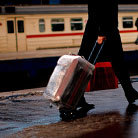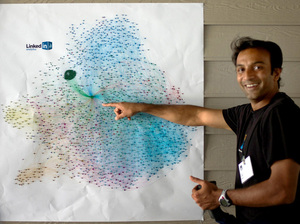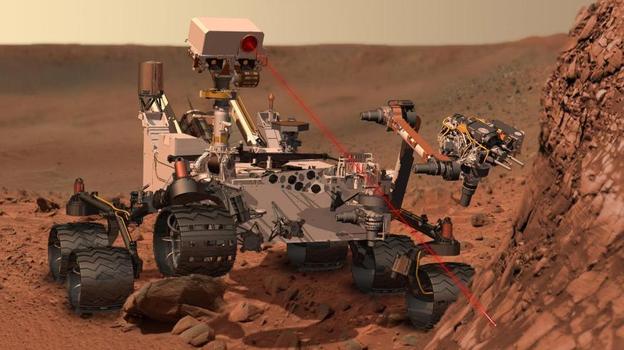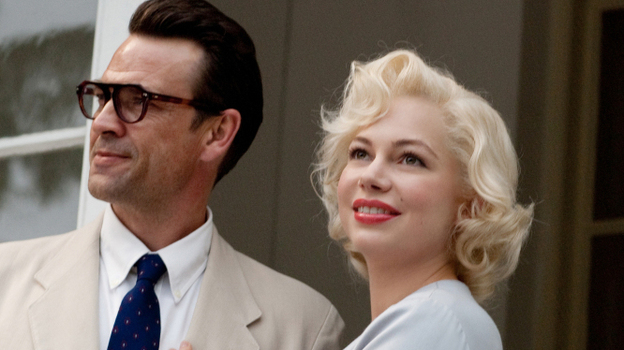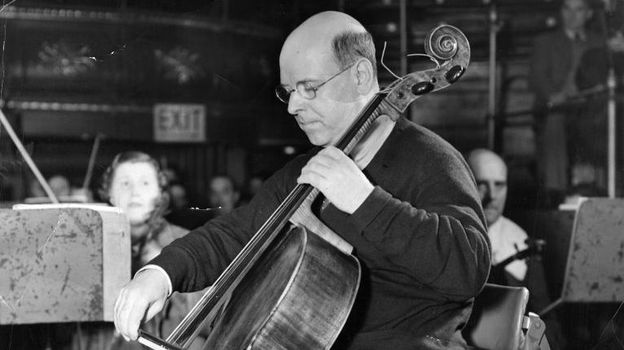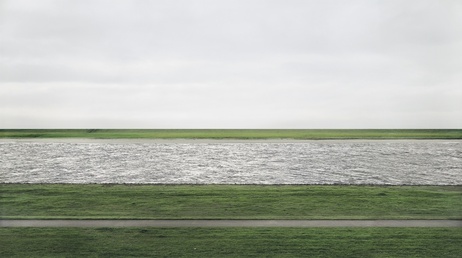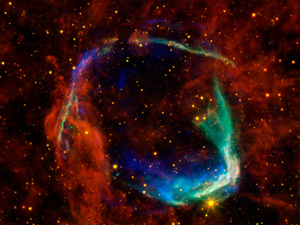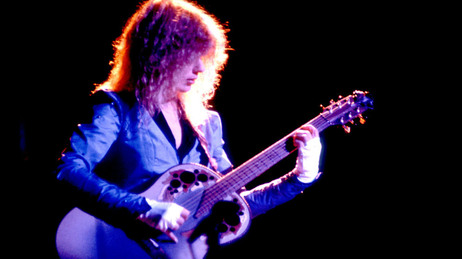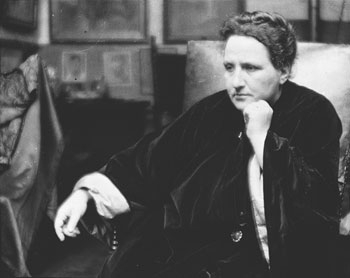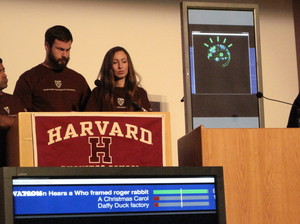 Monday, December 5, 2011 at 11:54AM
Monday, December 5, 2011 at 11:54AM The Deep-Sea Find That Changed Biology
"In 1977, a small crew of oceanographers traveled to the bottom of the Pacific Ocean and stumbled across a 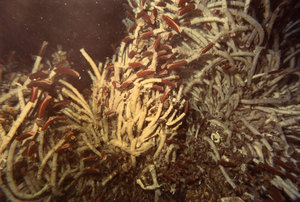 brand new form of life. The discovery was so unusual, it turned biology on its head and brought into question much of what scientists thought they knew about where life can form and what it needs in order to survive."
brand new form of life. The discovery was so unusual, it turned biology on its head and brought into question much of what scientists thought they knew about where life can form and what it needs in order to survive."
"Today, the Smithsonian Institution houses that remarkable discovery: a pale and fleshy, 4-foot-long worm that floats in the kind of pickle jar you'd see in your neighborhood delicatessen. It might not look like much now, but Kristian Fauchald, the Smithsonian's curator of worms, says that in 1977, this worm had everyone scratching their heads. At up to 7 feet in length, he says, "these are enormous beasts compared to normal worms." And they were thriving in large numbers without any obvious source of food or light."
